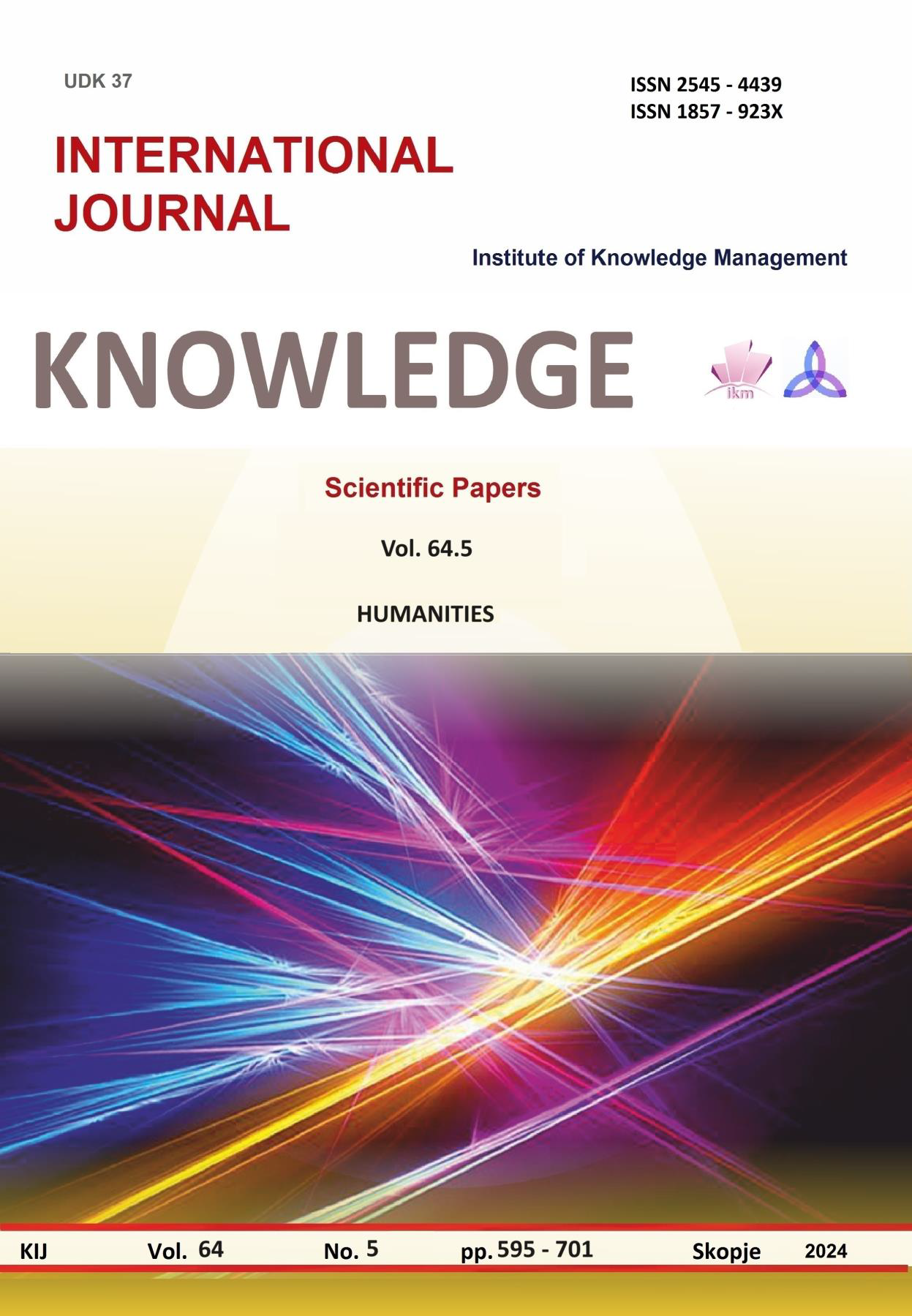INDIVIDUALNO SEĆANJE NA KOLEKTIVNU ISTORIJU
INDIVIDUAL MEMORY OF COLLECTIVE HISTORY
Author(s): Ana Stišović MilovanovićSubject(s): Cultural history, Studies of Literature, Theory of Literature
Published by: Scientific Institute of Management and Knowledge
Keywords: political discourse;ideological discourse;Stevo Grabovac;After party;Vladan Matijević;Pakrac
Summary/Abstract: The creation of a literary work is always determined by the context, conditions and laws of time, in which the literary text necessarily functions as "sanctified by ideologues". It is the introduction of a literary creation into the political discourse of the writer's era, and vice versa. The author makes compromises with his own or the general ideological context, searching for a way out of the "general alienation of his era", as Danilo Kiš would say. The literary text is not, according to Barthe's point of view, only a question of the subject, but of the way in which it is presented. In this sense, we find an interesting insight in the situation of the distinction between the collective historical/ideological and the personal historical/ideological in the new Serbian literary production: the novels After the Party by Stevo Grabovac and Pakrac by Vladan Matijević. Both novels deal with a close historical reality: the civil war in Yugoslavia and the dramatic time of the country's disintegration. Both authors are reaching for a topic that has not yet received valid scientific historical interpretations and which still causes a lot of doubts and opposing interpretations. The authors treated the subject in a similar way. Collective history is transposed into a remarkable phenomenon of personal perception of dramatic events. Using different narrative practices, both authors come to agreeable conclusions: collective history transforms the individual, changing its human, sociological, ethical and ideological determinants. Both authors have the same intention. They try to warn that major and dramatic historical events have far-reaching consequences on individual and collective consciousness and that space contaminated with collective and individual crime, healing is difficult and slow to come. In Grabović's novel, in the broad plan of the collective memory of the Civil war in Yugoslavia, the attitudes of different ethnic groups and different ideological viewpoints confront each other, with an uncertain outcome. Humanistic and empathic attitudes win over ideological ones. In Matijević's novel, the individual act of destruction is grounded in a broad plan of collective ethnic conflict. The emanation of evil, in this case, permanently marks the hero and the post-war world. There is no possibility to overcome the historically devastated ethnic relations.
Journal: Knowledge - International Journal
- Issue Year: 64/2024
- Issue No: 5
- Page Range: 675-680
- Page Count: 6
- Language: Serbian

